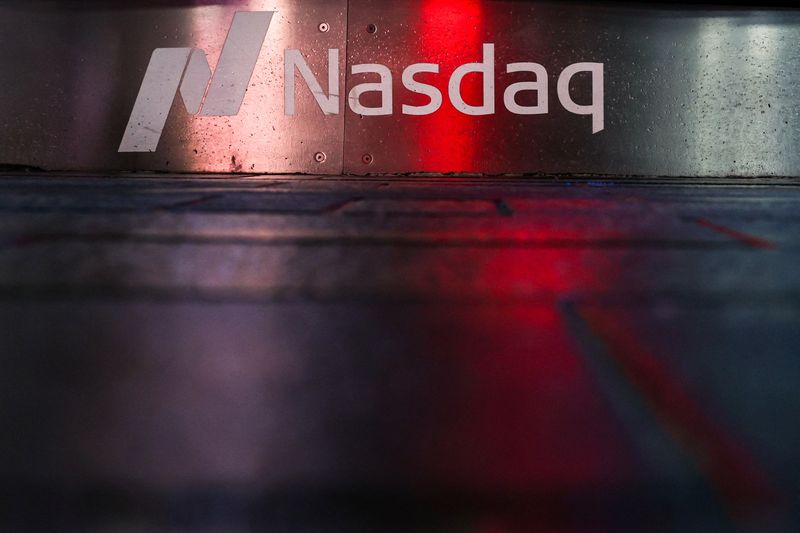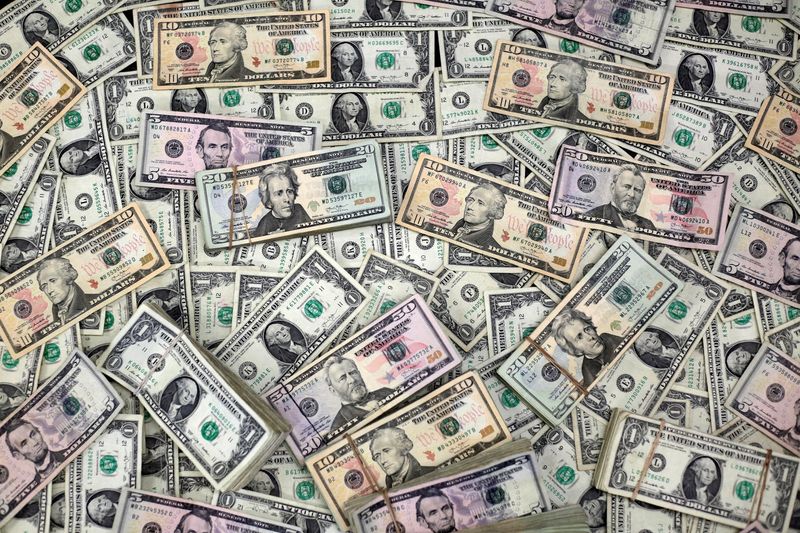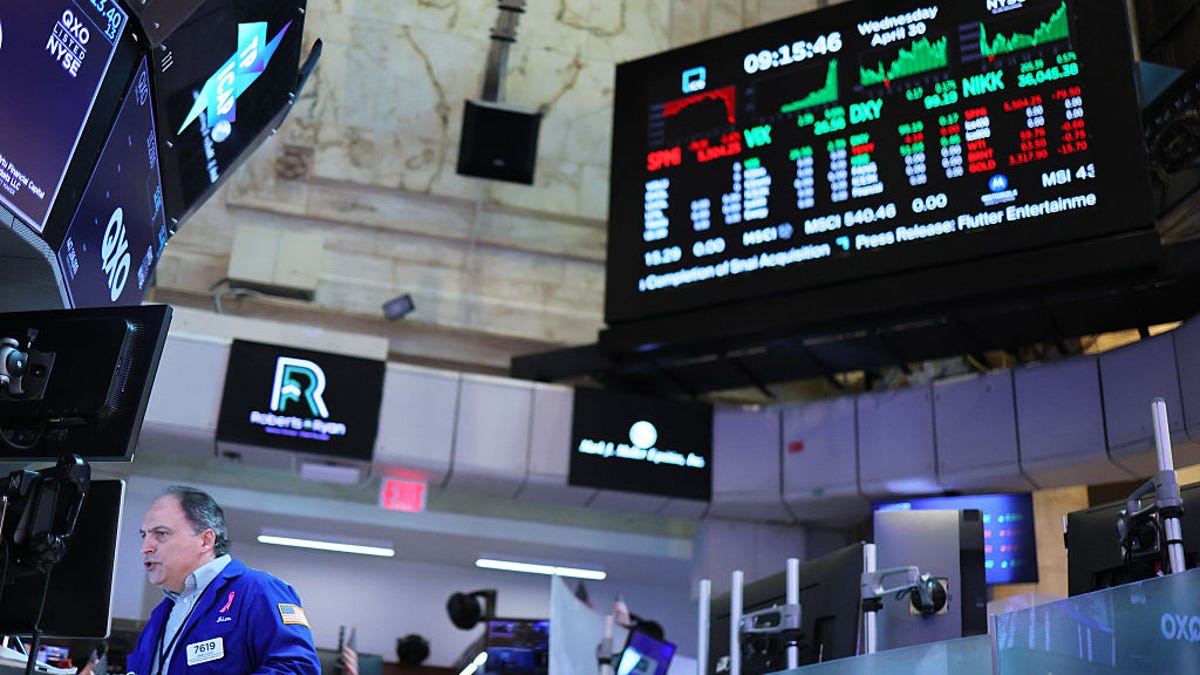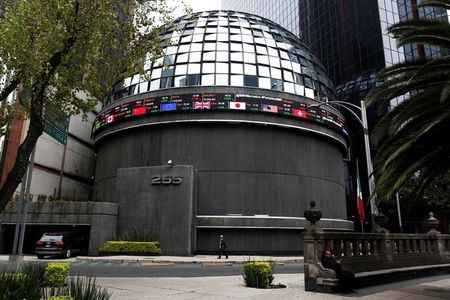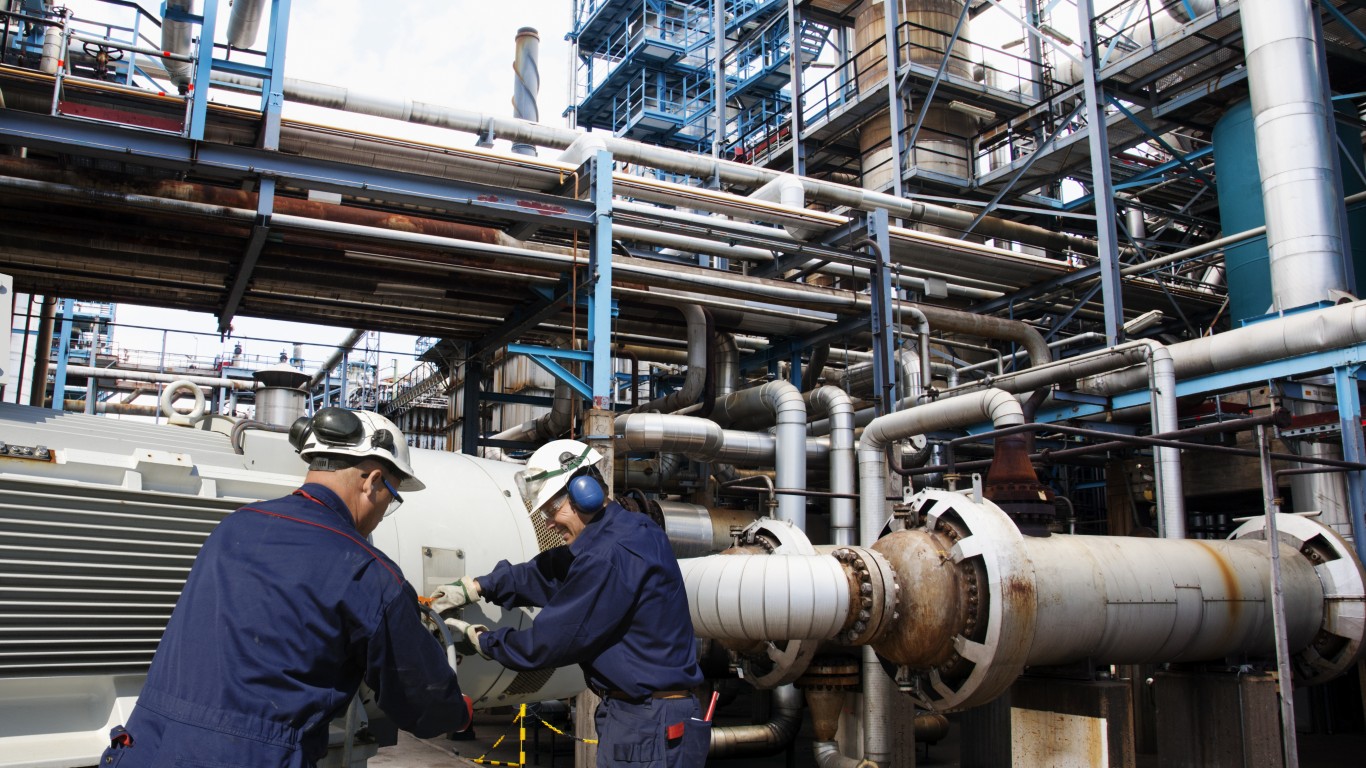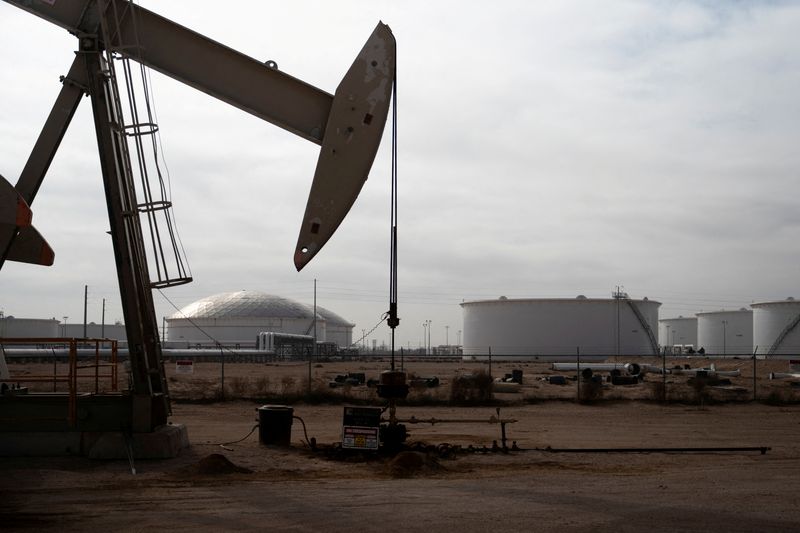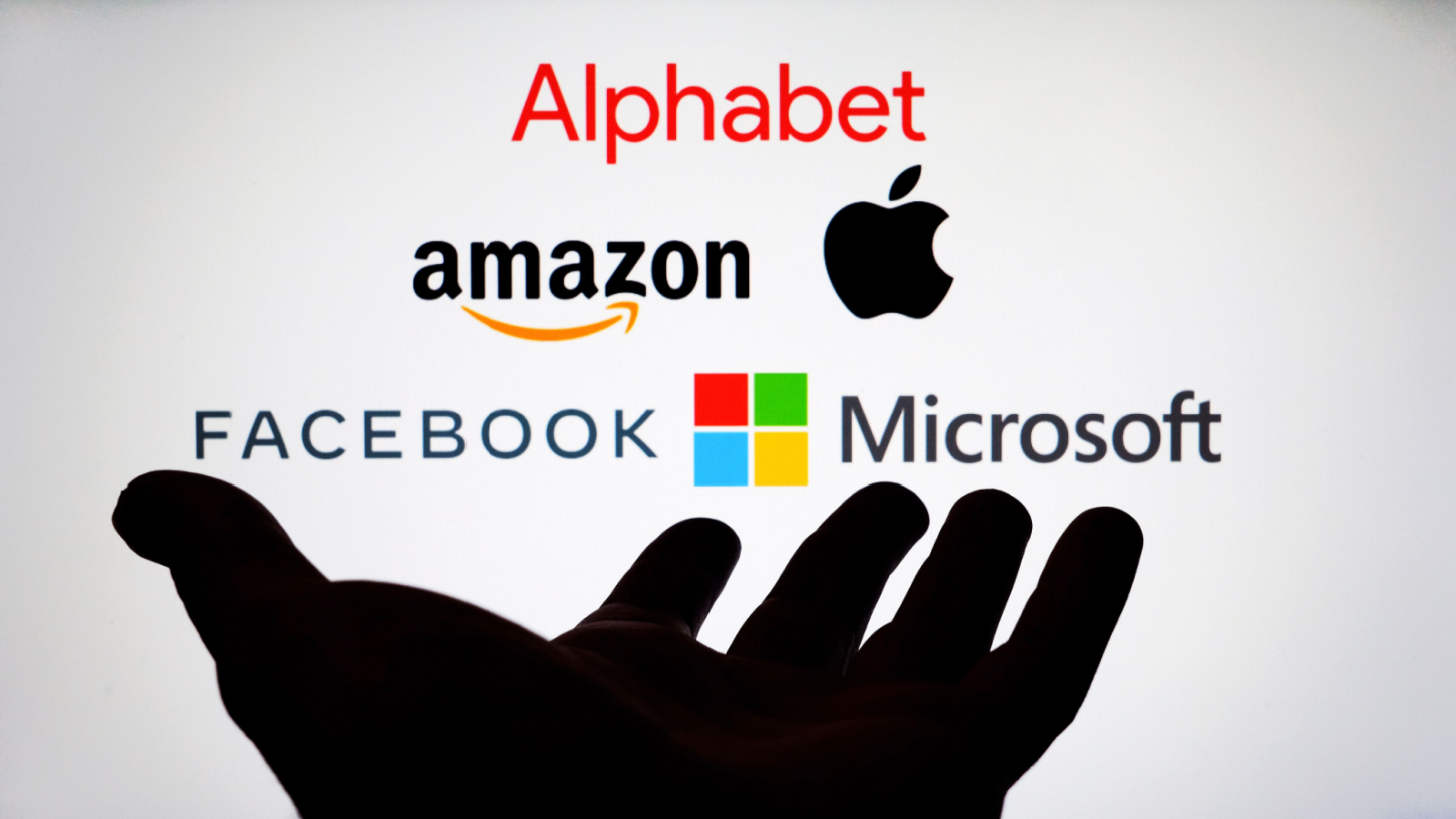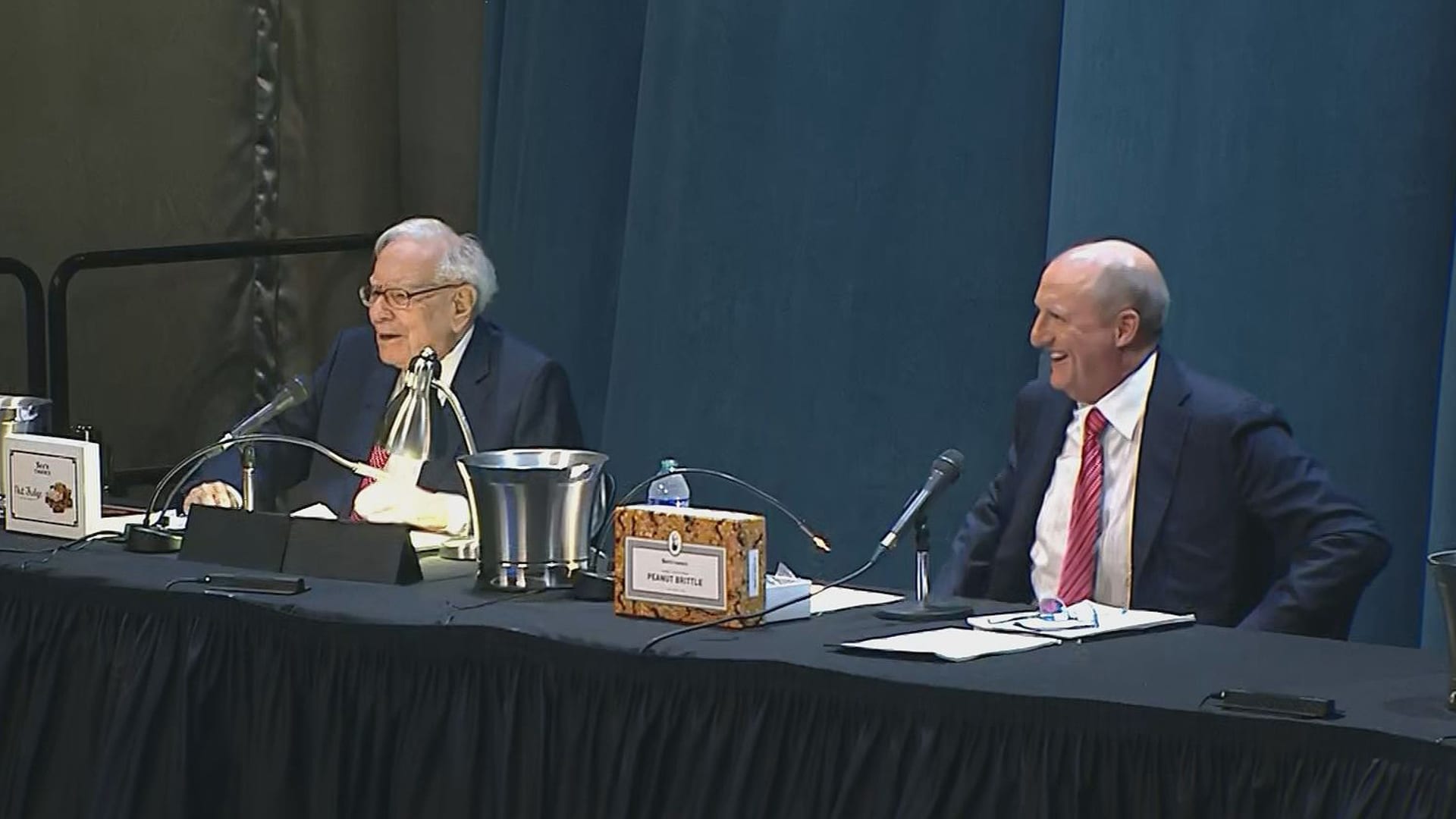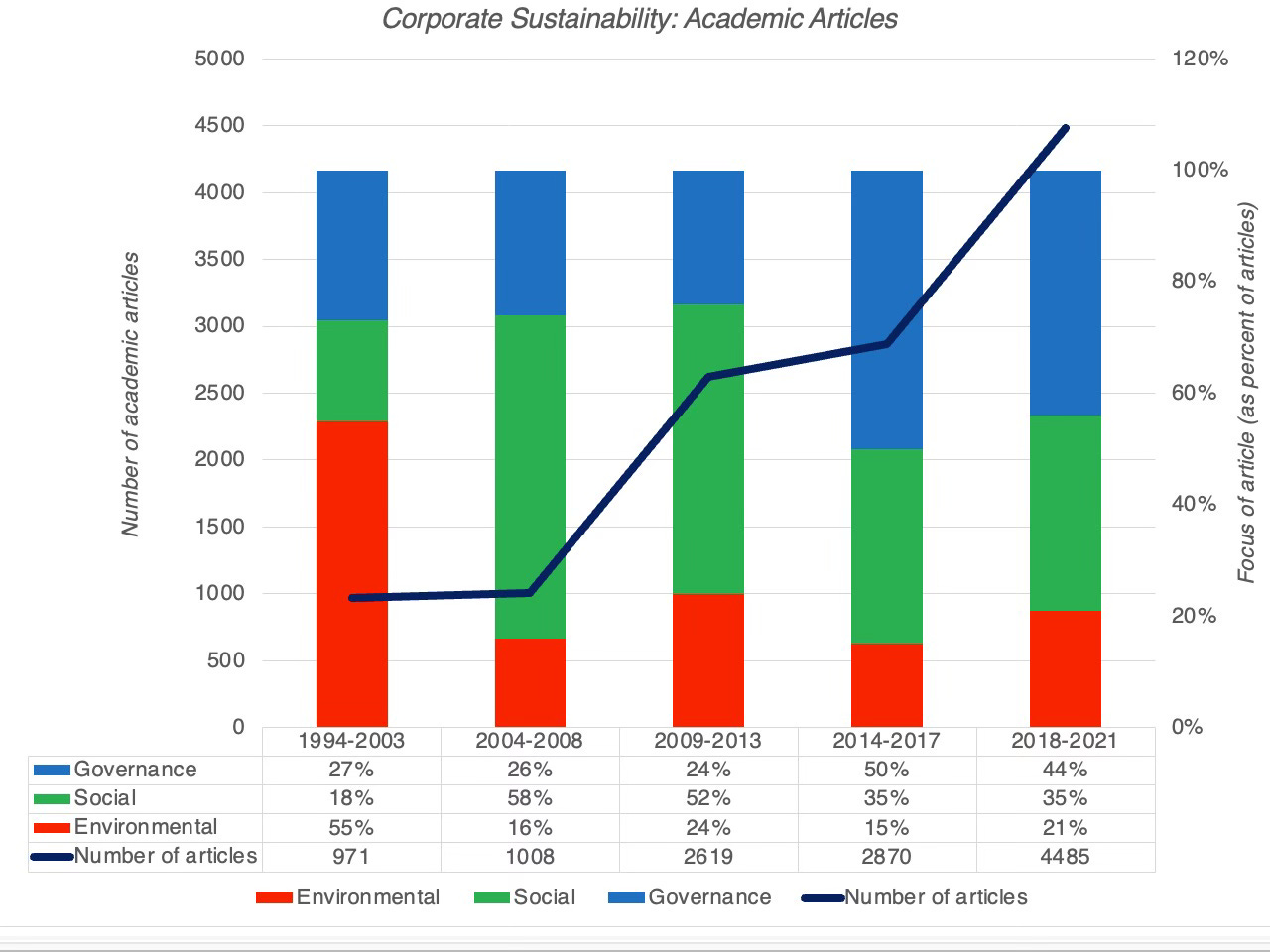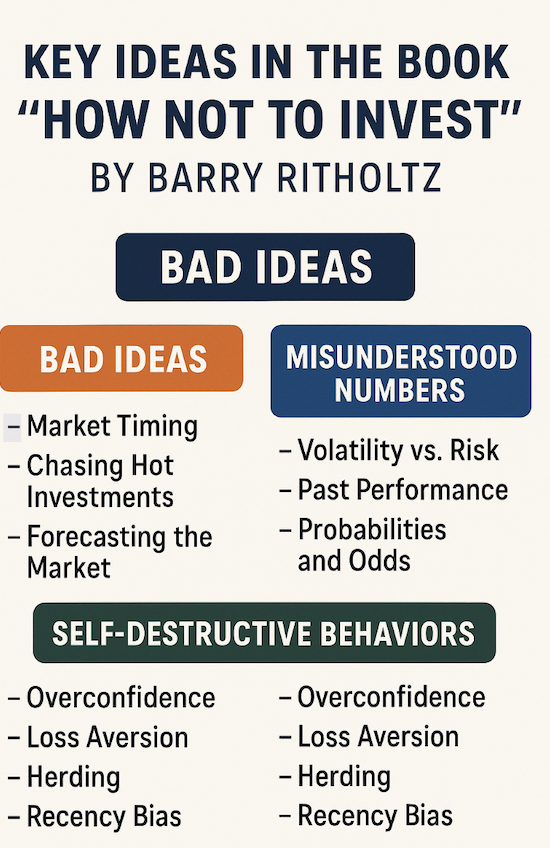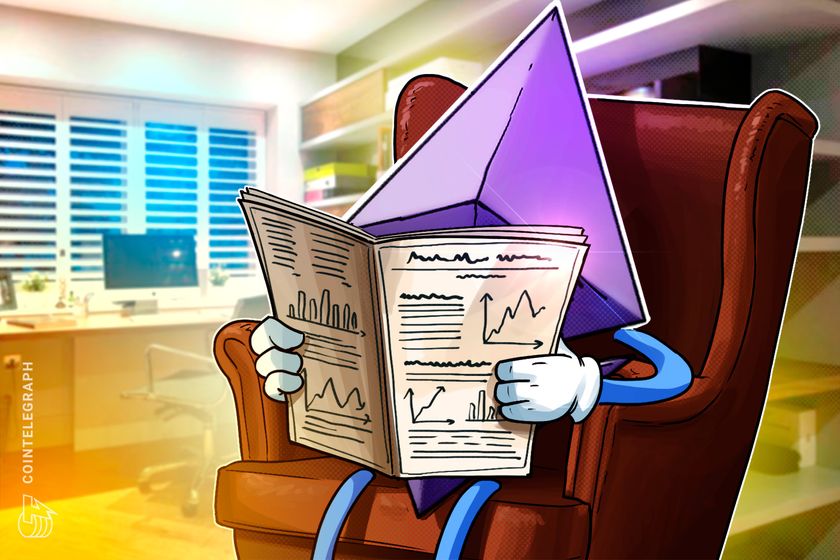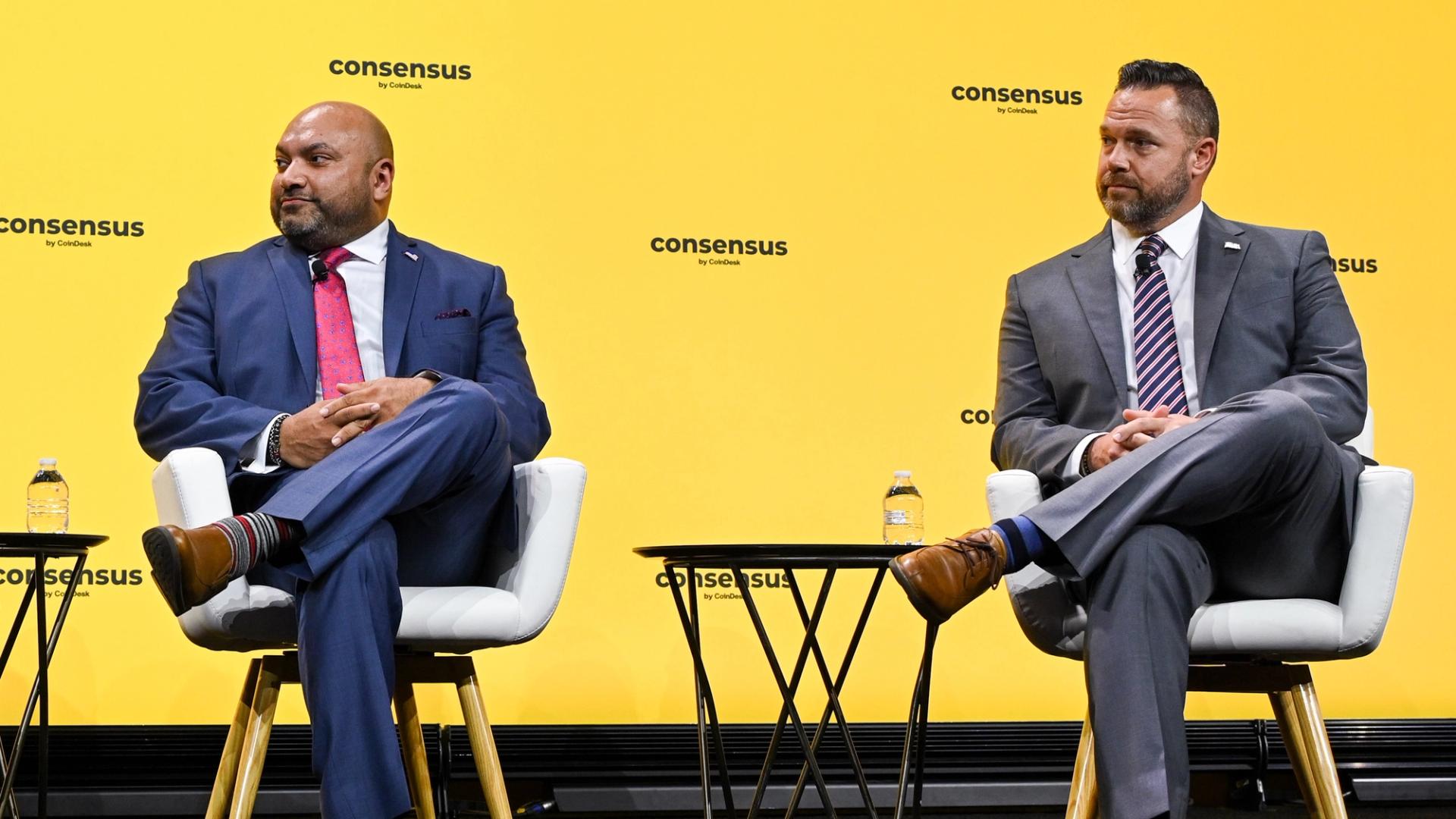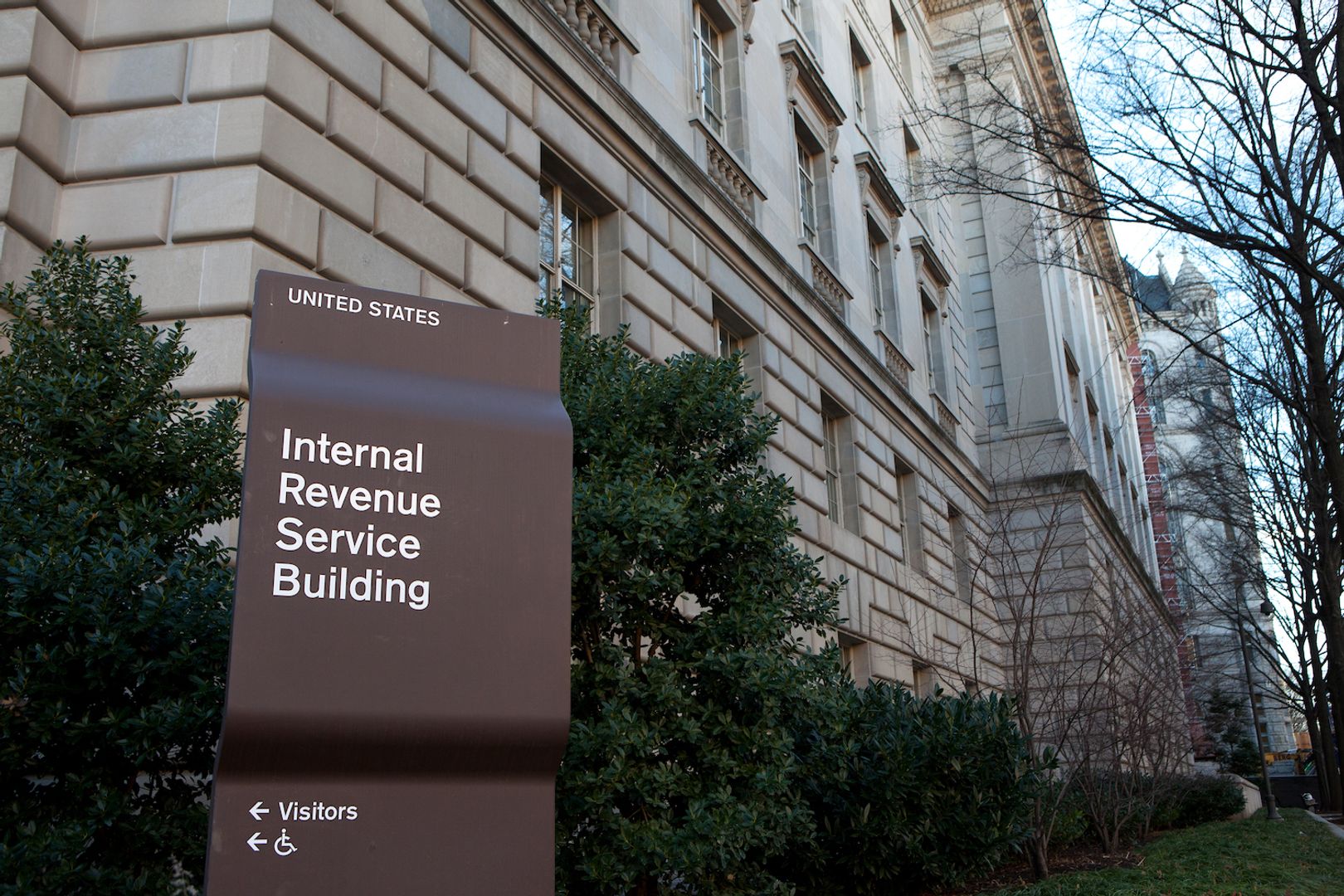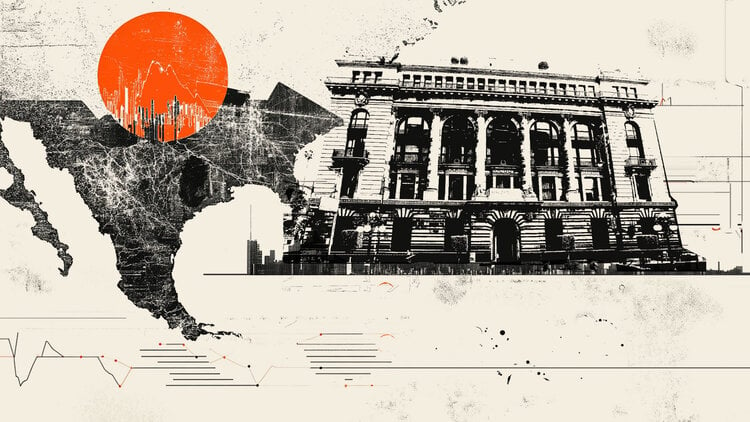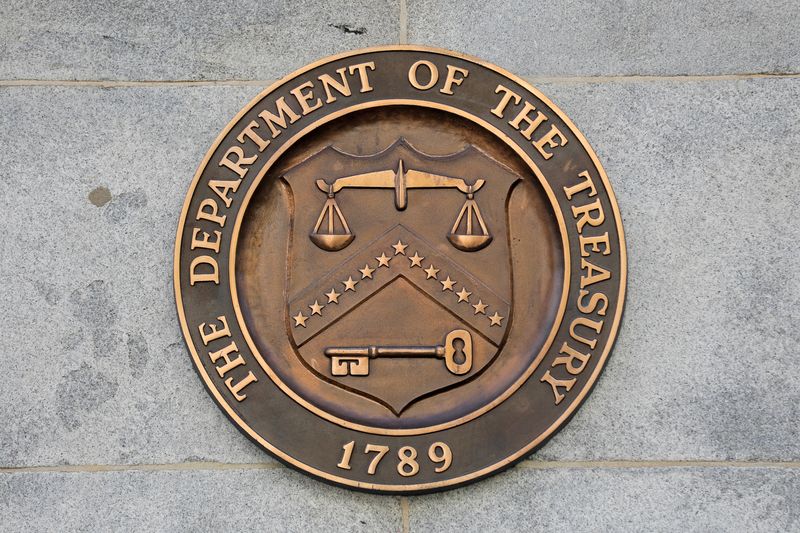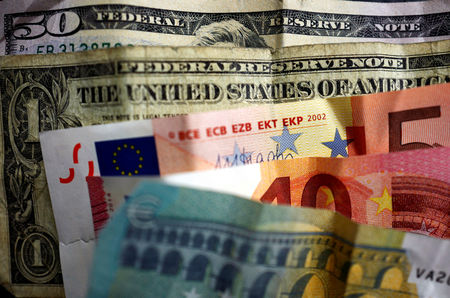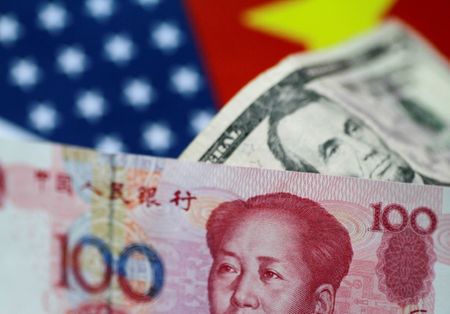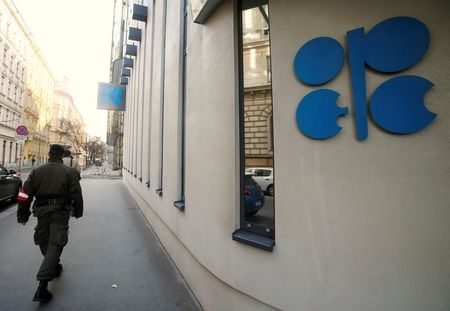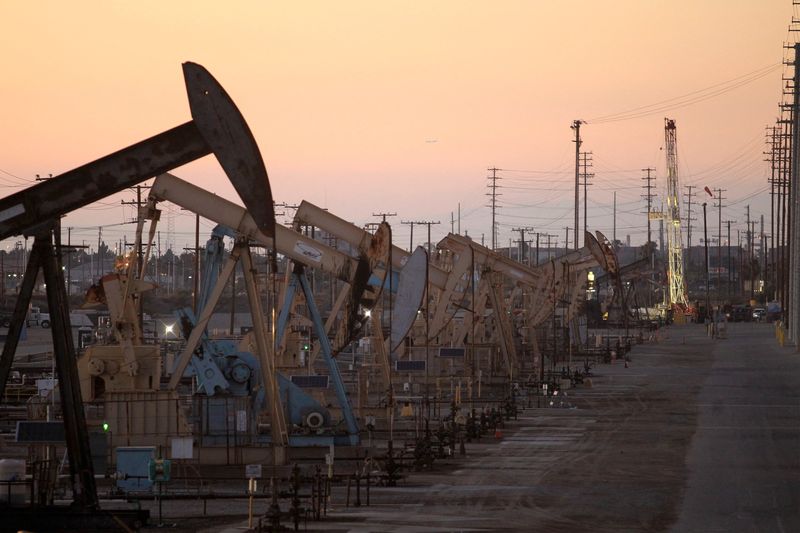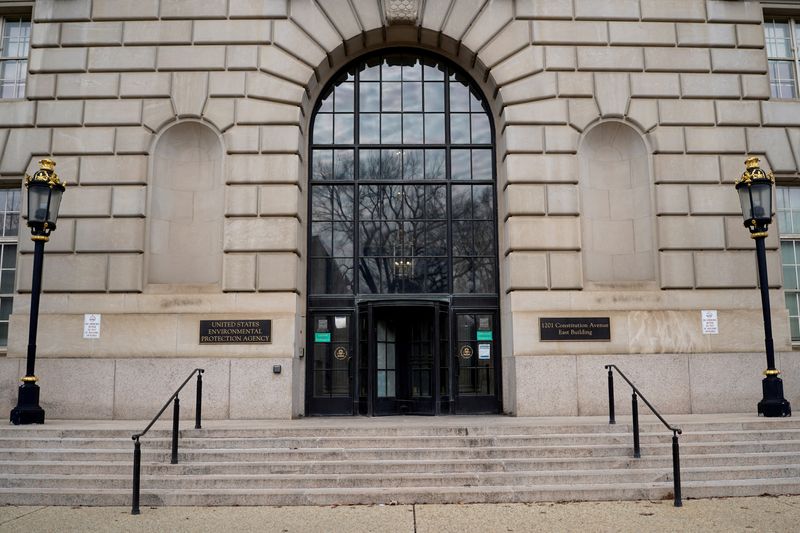Damn the torpedoes! Stocks go full speed ahead despite declining U.S. shipping and manufacturing data
Buying momentum continued in Asia and European stock markets today, and S&P futures were priced up this morning.

- Stock markets in Asia and Europe rose this morning following an eighth straight day of gains in the S&P 500 and positive earnings data from Apple, Amazon, Microsoft and Meta. But U.S. shipping and manufacturing data show a tariff-induced slowdown is coming with one analyst forecasting an “industrial recession” in the months ahead. Investors don't care, however: S&P futures have been pointing up most of the morning prior to the opening bell in New York.
Investors the world over cheered upbeat earnings calls from companies like Amazon, Apple, Microsoft and Meta, driving eight straight days of gains in the S&P 500. Markets in Asia and Europe rose this morning. The news cycle is also helping: China’s commerce ministry said it was in contact wth the U.S. about trade talks. Investors seem to be betting that, ultimately, President Trump’s tariff barriers will come down in a series of compromises.
However, while the sun might be shining on stocks today, there are storm clouds in the forecast for the coming months. Shipping and manufacturing data are showing dramatic declines in activity. And McDonald’s, Domino’s Pizza and Starbucks have all complained that Americans are reducing their discretionary food purchases as Tariff World approaches.
Here’s a snapshot of today’s action:
- The S&P 500 rose 0.6% yesterday to 5,604.14, its eighth straight day of gains. The index remains down 4.7% YTD.
- S&P futures were up 0.45% this morning, pre-open.
- The Nasdaq Composite was up 1.5%.
- Meta stock rose 4.23% the day after it reported strong earnings.
- Asian markets were all broadly up this morning, with the Hong Kong Hang Seng leading the way with a gain of 1.74%.
- There was one exception: In China, both main indexes declined with the SSE Composite Index down 0.2%.
- Early trading in Europe was robust: The Stoxx Europe 600 rose 0.9% before lunchtime.
U.S. tech stocks largely rose yesterday as analysts cheered upbeat earnings calls
“[Amazon] delivered solid 1Q results & 2Q outlook w/overall less macro & tariff related impact than feared,” Doug Anmuth of JPMorgan Chase told clients in a note titled “Uneventful Is Good.”
His colleague Samik Chatterjee and team were buoyed by Apple’s call: “Apple’s results showcased the resilience that investors have come to expect as the outcomes outlined by the company in relation to F3Q (June-end) guidance was better than feared by investors in the context of a challenging macro and tariff uncertainty,” they said in a note seen by Fortune.
Wedbush’s Daniel Ives, who has been pouring scorn on Trump’s tariff plans in recent weeks, was somewhat reassured by Apple’s earnings call. “We learned on the conference call that India will be the ‘life raft supply chain’ that should help Apple navigate this unprecedented tense environment in China,” he and his team told clients.
Problems loom in shipping and manufacturing
Not everyone in Analyst Land is happy, however. Some of the macroeconomic data for shipping and manufacturing in the U.S. is showing alarming declines in activity. Oxford Economics’ Jeremy Leonard is forecasting an “industrial recession” in the coming months, because of the tariffs.
“Oxford Economics' Industrial Cycle Index for the advanced economies improved further to 1.7 in April, but the economic damage in store from Donald Trump's tariff announcements is likely to stop the nascent industrial expansion in its tracks. We expect an industrial recession in the coming quarters and no meaningful growth until well into 2026,” he said in a note.
The ISM manufacturing production index—a survey of manufacturing executives—is worrying Samuel Tombs at Pantheon Macroeconomics: “The production index plunged to just 44.0, its lowest level since the Covid shock, from 48.3. Its current level is consistent with a steep fall in output over the next quarter or two. The survey commentary relays that many companies are struggling to cope with the abrupt imposition of tariffs and are having difficulties dealing with customs authorities. The survey’s import index fell to a 16-month low,” he wrote in a research paper.
Fewer ships are stopping at U.S. ports, too. “A 300% increase to blank sailings from China to the United States has occurred since liberation day tariffs were passed. This is a result of orders from China to the U.S. plummeting in response,” Project44—a supply logistics platform—said in a statement to Fortune. “Blank sailings” happen when freighter lines schedule a port stop but then cancel it or skip the port because of lack of demand.
This story was originally featured on Fortune.com





